Indonesia, one of the most disaster-prone countries globally, faces persistent vulnerability to natural hazards-induced disasters and climate-related risks. Ranked as the second-most at-risk nation in the 2023 World Risk Index, Indonesia’s exposure to natural hazards places immense pressure on its social protection systems, which are often reactive and dependent on state budgets. These budgets tend to be insufficient in times of crisis, leading to delays in emergency response and limiting the government's ability to provide swift, targeted assistance to those in need.
This study, developed by the Resilience Development Initiative (RDI) with financial support from the Centre for Disaster Protection (CDP), examines how integrating Adaptive Social Protection (ASP) with Disaster Risk Financing (DRF) can bolster Indonesia’s disaster resilience. ASP is an approach that combines elements of social protection, disaster risk reduction, and climate change adaptation to protect vulnerable communities before, during, and after crises. By aligning ASP with DRF, Indonesia has an opportunity to leverage both financial and operational synergies, resulting in a more timely, effective response during disasters. This integration not only enhances financial resilience but also enables scalable, data-informed responses that can adapt to evolving risks.
This research is supported by: Centre for Disaster Protection




